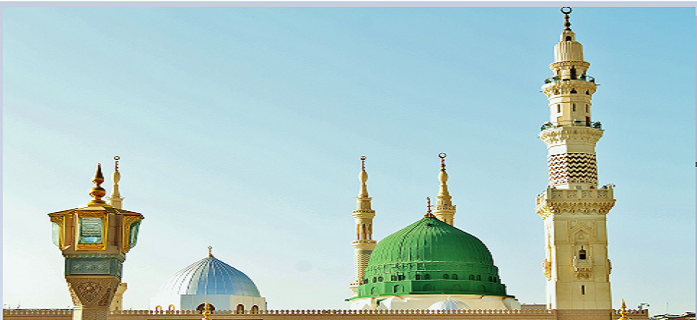
Basic Principles of Islam
Some basic history and facts about Islam and the way of life as a Muslim.
Read more
Some basic history and facts about Islam and the way of life as a Muslim.
Read moreBuilding or donating towards a Masjid is one of the best forms of charity. The first thing the Prophet (peace and blessings of Allah be upon him) did after migrating to Madinah was build a Masjid.
Donate now to the Ipswich Mosque, its simple and easy.
Go to Feeling Blessed - see website for further instructions.